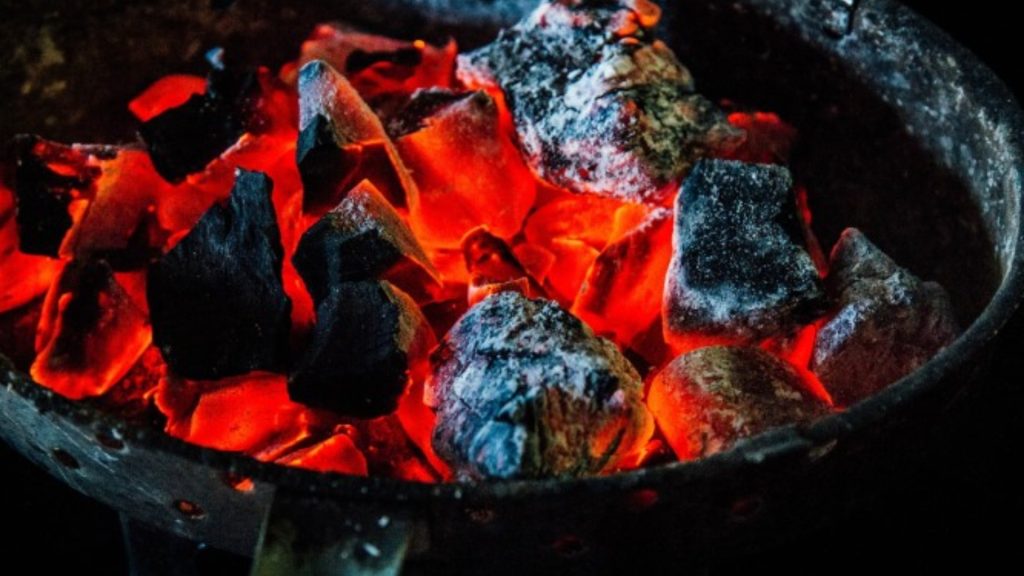The Council on Energy, Environment and Water (CEEW) has highlighted that the European Union’s Carbon Border Adjustment Mechanism (CBAM) or carbon tariff poses a significant risk to India’s metals industry.
The risk involves an estimated $8.2 billion worth of metal exports facing higher costs.
India is now escalating its appeal for a more equitable global trade framework that accounts for the nation’s ongoing energy transition efforts.
The CBAM, often referred to as a carbon tariff, aims to put a fair price on the carbon emitted during the production of carbon-intensive goods entering the EU.
While designed to prevent ‘carbon leakage’ (where companies move production to countries with laxer climate rules), the CEEW analysis underscores that it acts as a non-tariff barrier.
The barrier is disproportionately impacting high-carbon industrial sectors in developing economies like India.
The $8.2 billion exposure and sectoral impact:
The analysis confirms that the Indian metal industry, which relies heavily on thermal power, stands to be the hardest hit sector.
The EU is a major trading partner for Indian iron, steel, and aluminum products.
The application of CBAM during the transitional phase (which began in late 2023), and especially upon full implementation, will impose significant compliance burdens and costs that threaten to erode the competitiveness of these key Indian exports.
The data shows that metal products account for the largest share of Indian exports under the CBAM’s scope.
The increased cost of exporting could slow down the vital process of decarbonization within Indian manufacturing by diverting resources toward immediate compliance rather than long-term green investment.
A call for global climate equity:
India’s primary concern, as articulated by the CEEW, revolves around the principle of Common but Differentiated Responsibilities (CBDR) under global climate agreements.
The government is pressing for the EU to offer financial or technological support to help Indian MSMEs and heavy industries transition to cleaner production methods, rather than simply penalizing them with a tariff.
Without such provisions, the policy is seen as a protectionist measure that hinders development in the name of climate action.
Addressing the findings, Vaibhav Chaturvedi, Senior Researcher, CEEW, observed, “This tariff threatens to undermine the competitiveness of critical Indian sectors and impede the national goal of industrial growth. Global trade rules must actively support our decarbonisation journeys, not create punitive barriers that punish industries for relying on a grid still undergoing its transition.”
The Indian government is expected to leverage international forums, including the WTO, to challenge the mechanism and negotiate a resolution that balances climate ambition with development imperatives.












